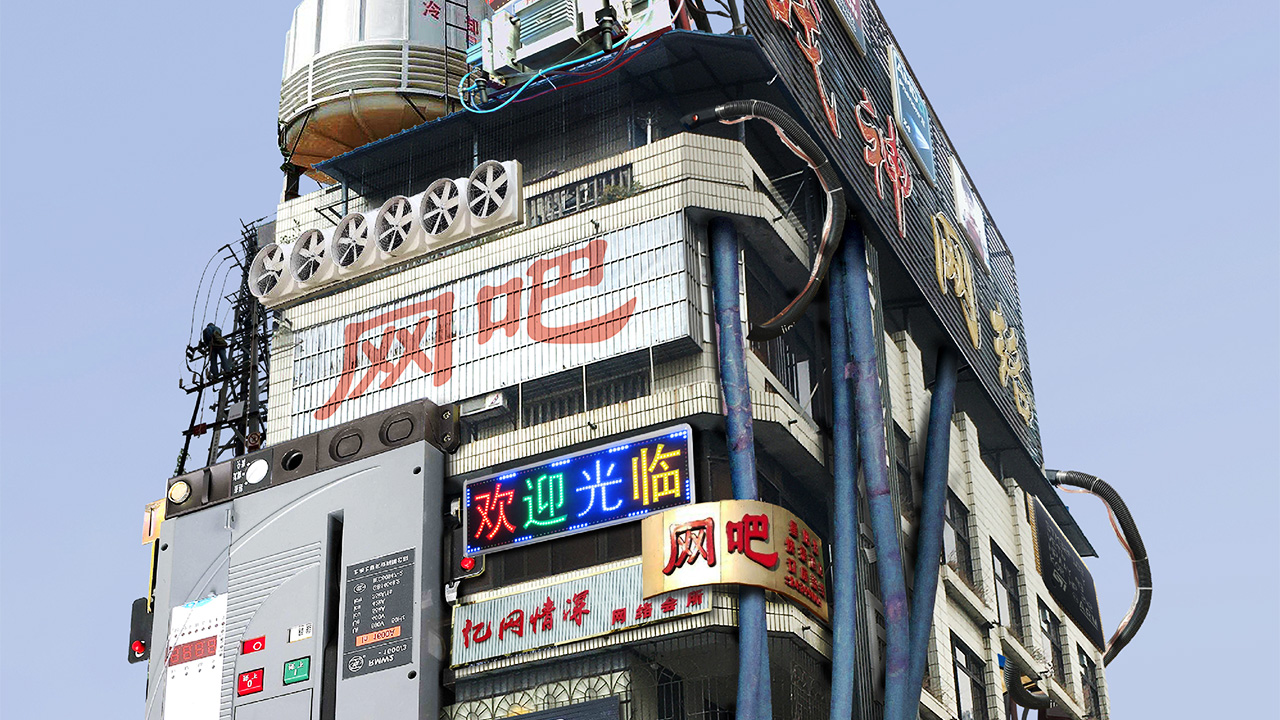In June, Alibaba plunged into the realm of NFTs, selling out 16,000 limited-edition artworks in a matter of minutes on the company’s payment arm, Alipay. The artistic partner it chose wasn’t an edgy digital artist or a high-end brand, but Dunhuang Research Academy, home to UNESCO-listed murals.
A month later, Alibaba again found space for the biggest craze in the cryptosphere, welcoming NFTs at the Taobao Maker Festival, an annual summit for budding creatives. Now, the Chinese technology giant is affording NFTs a permanent home in its ecosystem.
What happened?
Alibaba has opened a digital marketplace for the trading of NFTs over a blockchain called the Blockchain Digital Copyright and Asset Trade. Operated by the Sichuan Blockchain Association Copyright Committee and backed by the provincial government, it’s a new area inside Alibaba Auction, an auction platform.
The platform allows content creators including artists, musicians, and game developers to copyright material on the blockchain and sell them as NFTs. Display and bidding functionality will be served by Guang Jian, run by Bit Universe, with users able to gain access to the platform through Alipay or Tencent’s WeChat.

Launched in August, Bit Universe’s Guang Jian platform will facilitate NFT sales in the Alibaba ecosystem. Image: Bit Universe
The state of China’s NFT landscape
Chinese government crackdowns on cryptocurrencies and mining should not be conflated with the burgeoning vibrancy of China’s NFT sector. Cryptocurrency restrictions can be understood as protecting the yuan (and its own digital currency) and middle-class consumers from crypto’s notorious volatility. The mining bans seek to support the country’s carbon neutrality goals.
Chinese tech giants Baidu, Tencent, and Alibaba certainly see the potential popularity of virtual assets, having all entered the NFT space over the past year. They have built tokenless blockchains that use the yuan rather than a cryptocurrency as payment (thereby potentially bypassing severe regulation). Products have largely centered on major IP (pop songs, celebrated artworks, virtual luxury goods), but users are unable to sell or transfer purchases.
At the same time, a new generation of Chinese creatives are leaning into the potential of NFTs and finding an audience that is comfortable browsing and collecting digitally. Case in point, the world’s first major NFT show Virtual Niche: Have You Ever Seen Memes in the Mirror? was staged in both Beijing and Shanghai earlier this year.

Virtual Niche: Have You Ever Seen The Memes in the Mirror? at UCCA Lab, featuring winning pieces from BlockCreateArt’s Global Digital Art Competition. Image: UCCA Lab
With China’s biggest technology companies embracing NFTs, Jing Culture & Commerce spoke with Elodie He, China crypto-art watcher and Project Manager at ApeNFT Art Foundation, to understand the direction of NFTs in China.
How have you seen China’s NFT space evolve over the past six months?
Despite tightening regulations and the ban on cryptocurrency services in China, the Chinese NFT market is resilient and dynamic. Although there’s no data produced specifically for China, we can see many initiatives from local auction houses and Chinese tech giants such as Alibaba and Tencent who are stepping into the space. China has been developing a very unique blockchain ecosystem and business model for selling NFTs that complies with strict legislations.
What do you make of the news that Alibaba Auction is set to platform NFTs?
For Chinese NFT creators, it’s certainly good news. They can monetize work without violating local laws. After China made blockchain a national strategy years ago, many Chinese tech giants have been developing blockchain-based technologies, and one of the biggest advantages of their products — for example, AntChain (Alibaba) and Zxinchain (Tencent) — is that they are permitted by the government and are traded in RMB.
What are the implications for NFTs of a major tech platform moving into the space?
It’s good for overall market validation, attracting more creators and artists to produce NFT-based art and educating the public about the technology. However, Alibaba, as a tech company, doesn’t possess an “artistic gene.” Thus, although they are the market leader in blockchain technology, it does not mean that they will dominate the market for sure. A good art marketplace still needs curation, evaluation for artists and art pieces. Secondly, it is also important to note that Alibaba’s NFT art platform targets mainly the local market, which entails different audience demographics compared to other NFT platforms.



